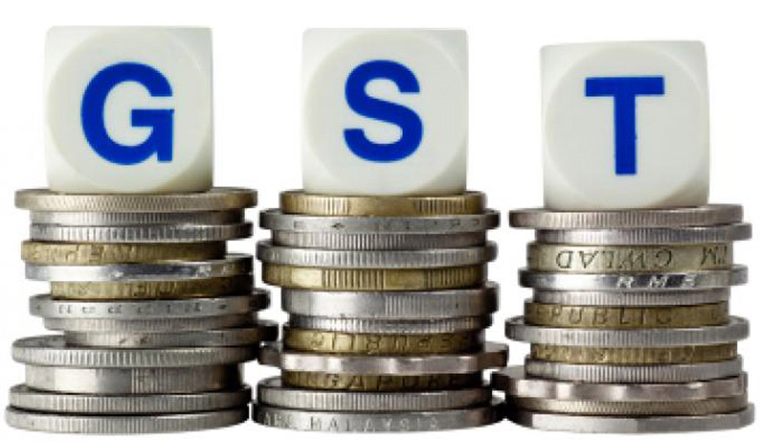In a move that will allow the Centre to pay the entire shortfall in GST tax collection by states, the GST 42nd goods and services tax (GST) Council meeting has approved extension of the GST compensation cess levy beyond 2022, Economic Times reported citing sources. The levy will be reviewed and decided from time to time. The proposal was to extend the levy by two years till 2024, the report added.
Meanwhile, Monday's GST Council is crucial as the meeting comes amid row between the Central and state governments over compensation issue. Chaired by Finance Minister Nirmala Sitharaman, possible solutions are expected to be discussed to resolve the impasse over compensation. The Centre has claimed the support of 21 states on its proposal that states should borrow from the market to meet the compensation shortfalls from GST revenue.
However, it is learnt that some states have demanded that the whole borrowing issue be discussed in Parliament.
For consumers, the deferment of the compensation cess means that consumers will have to wait much longer for any GST-induced reduction in prices of products such as automobiles, aerated drink, cigarettes or Pan Masala, where they expect that the costs will get reduced after June 2022. While businesses whose products attract cess, would be required to rework their costs, pricing, business plans, etc, as these businesses have been operating on the understanding that the cess would end in June 2022.
Interestingly, the “two-year window suits the government politically as well, as 2024 will be the year of general elections and the government would want to highlight that they have reduced the tax burden.” Reportedly, the extension timeline will be reviewed and decided from time to time.
Speculations about a draft bill to amend the GST Compensation Act, which would enable the government to extend the levy of cess on sin and luxury goods by two years, were doing the rounds in the days prior to Monday's meeting. "A two-year extension of cess is the most likely outcome of the Council cil meeting scheduled on October 5. However, the council may decide to adopt a compensation formula for FY21 in the next meeting and defer decision on cess extension till a more appropriate study of the issue is done," sources quoted earlier said.
Compensation cess comprises the cess levied on sin and luxury goods for five years to compensate the states for 14 per cent revenue growth as states agreed to subsume their taxes in one common tax pool with the roll-out of GST from July 2017.
Under the existing GST compensation Act, 2017, for the shortfall in GST collection over an agreed formula is payable by the center for the first five years of the operations of the new tax system from July 2017 to June 2022. This is paid through collection made on account of cess levy on sin and luxury goods.
The term of the cess is co-terminus with compensation liability with the Centre. So, the Council should withdraw cess also after completion of five years. But with Covid presenting different challenge before the governments and has led to states bleeding over GST collections, the compensation needs of the Centre has grown manifold.





